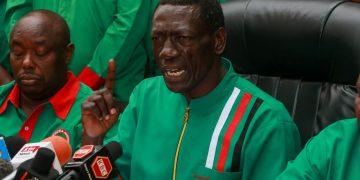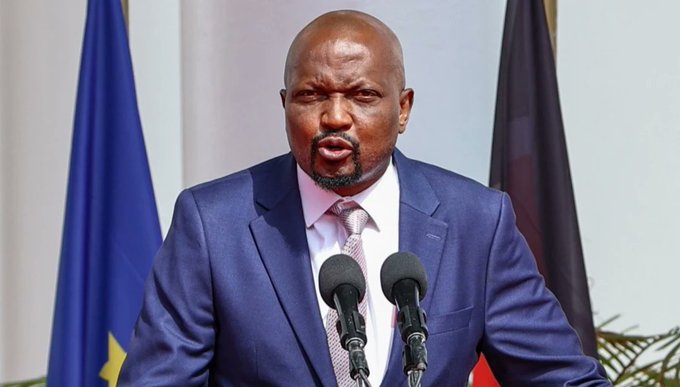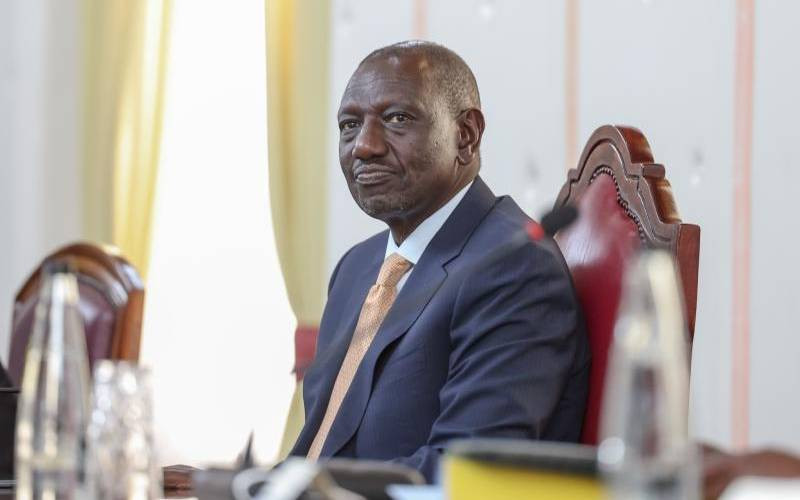In a bold and emotional statement that has sparked wide-ranging discussions, former Cabinet Secretary Moses Kuria has slammed the ongoing trend of politicians parading teacher employment forms at public rallies and funerals. According to Kuria, this practice not only demeans the teaching profession but also exposes the extent to which political theatrics have taken over crucial sectors of national development.
“There are several great ideas on how best to destroy a nation. But the most glittering of recent times is politicians parading teachers’ employment forms in public rallies and funerals. It’s so sad especially for us, the products of great teachers. We have sunk this low, sadly,” Kuria lamented.
A National Shame
Kuria’s sentiments reflect growing concerns about the politicization of public service appointments, particularly in the education sector. In recent months, images and videos of politicians handing out what appear to be Teachers Service Commission (TSC) employment letters during politically charged events have gone viral. While these scenes are often met with jubilation from beneficiaries and supporters, critics argue they reduce critical public service processes to mere tools for political mileage.

Undermining Merit and Professionalism
Education stakeholders have echoed Kuria’s concerns, warning that the trend risks undermining merit-based recruitment and professional standards. “Teaching is a noble profession. When recruitment is reduced to political tokens, it discourages qualified candidates and erodes public trust in institutions like the TSC,” said an education policy analyst who spoke to MkenyaLeo.
Moses Kuria, a former legislator known for his controversial but often thought-provoking remarks, appealed for a return to dignity and transparency in public service. “We were raised by dedicated teachers who never begged for their rightful place in society through political channels. We owe them respect, not this mockery,” he stated.
Analysts point out that the issue is part of a broader political culture in Kenya, where access to public jobs, services, and development is increasingly tied to political patronage. This not only breeds inequality but also stifles innovation and meritocracy, particularly among the youth who look up to careers in civil service.
Moses Kuria’s statement may have ruffled some feathers, but it highlights a truth that many Kenyans are beginning to acknowledge—that national values and institutions must be protected from politicization. As the country moves forward, the challenge remains: Can Kenya uphold the principles of fairness, professionalism, and dignity in public service?










































